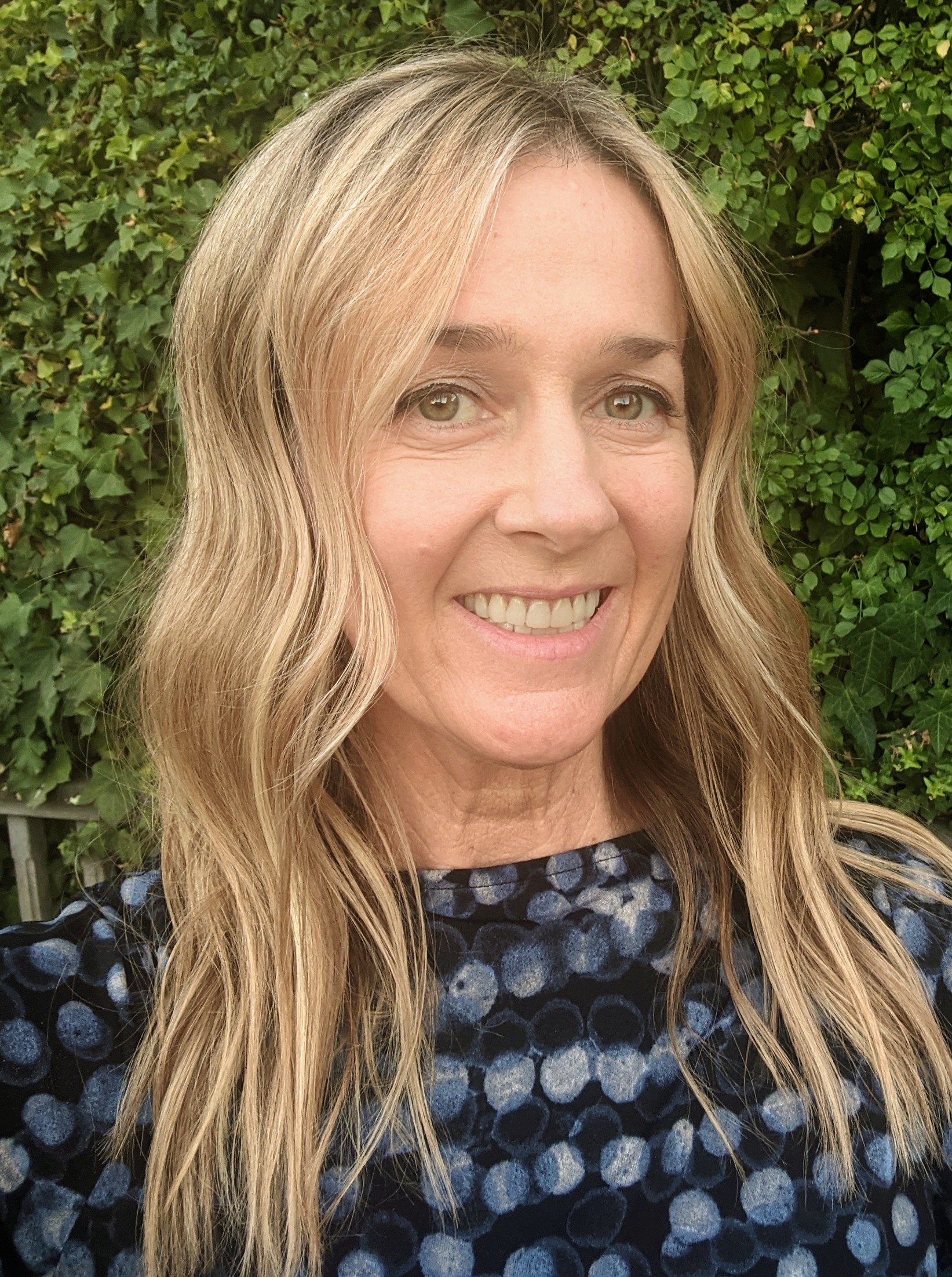
“Give ear, O heavens, let me speak;
Let the earth hear the words I utter!
May my discourse come down as the rain,
My speech distill as the dew,
Like showers on young growth,
Like droplets on the grass.”
(Deuteronomy 32:1-2)
So begins the last great lecture of Moses to the people of Israel. Moses and the people are at the border, waiting to enter the land promised to their ancestors. The journey has not been easy, and the future holds its own set of challenges. Moses pours out his heart to his people, with a particularly eloquent passion and purpose, to remind them that they carry with them into the Promised Land not only that which they need to sustain them, but also the words, history and blessings that have been bestowed upon them since the time of Abraham and Sarah. The well-known medieval commentator Rashi teaches that these opening words of Parashat Ha'azinu are a poetic description of Torah as a source of life - reminders that just as the rain provides life to the world, so too does Torah. God's words nurture and sustain us. Moses, our greatest teacher of Torah, hopes to impart his knowledge to the people before his final days like a quenching rain that will nourish them in the Land and encourage new growth.
This extraordinary poem or “song” of Moses embodies all the history of the Jews. It tells of the past, present, and future of our people. It encompasses all of Jewish existence. Moses is sharing his own story and the story of the Jewish people – lessons learned, mistakes to avoid, the hope and blessings that lie ahead if they accept the gift that is theirs and for generations yet to come.
Moses himself will not be able to enter the Promised Land. He knows his journey will end just short of the destination. As he prepares for his own death, he must have felt deep sadness and disappointment, perhaps even despair, at not being able to cross the Jordan River. But there is an important lesson to be learned here. Like Moses, we too will not complete all our journeys in this life. There will be tasks left undone, goals not accomplished, dreams left unfulfilled. Yet the Torah teaches us not to despair over the unfinished work. Joshua will continue the journey, leading the people to the Promised land. As Moses ordained Joshua, we too pass on the unfinished tasks to those who come after us. It is the next generation that offers the possibility of completion and redemption.
Throughout our lives, we all are students of so many types of teachings – from Torah to life lessons. We have countless teachers and mentors who impart their wisdom to us and challenge us to learn and grow. There is so much each one of us can share with others. Each of us has a lecture to give, lessons to impart. Let us learn from Moses to share our stories during our lifetimes. Let us help teach others to continue the journey towards the Promised Land, towards creating peace and repairing our broken world. As Rabbi Heidi Cohen writes, “It is not good for us to wait for the end of days, but rather, we should speak these words now, share our poem with those whom we love today, and allow the droplets of blessing to rest upon all those whose lives they touch.”
As we reflect on questions of life and death this High Holiday season, I encourage each one of you to discover your own voice and share your story. Write a letter, a poem, a song. Send it to those you love. Put into it everything life has taught you - what you learned from childhood, from growing up, from your education; what your learned from relationships, from raising children; what you learned from work, from your successes in the world, from your failures and disappointments; what you learned from the death of loved ones and the path of mourning.
Each of us has a story to tell. These stories about who we are and what we believe are powerful – they can give us new insights, provide us with inspiration, and ultimately, move us to action. When we share our stories with others, across generations and geography, we strengthen not only ourselves and each other, but our entire Reform Jewish community as well. As Moses teaches us, the greatest gift we can give each other is sharing our stories – in all their messy, broken glory. When we share our passion and vision with others, our dreams for the future can continue long after we are no longer part of this world.
Karen Goldberg is a past president of Women of Isaiah in Lafayette, California and a current member of the WRJ North American Board. She is the creator and continuing curator of the WRJ “Sharing Our Stories” project, where Reform/Progressive Jewish women around the world share personal stories about sisterhood, spirituality and social good.
Related Posts

Parashat Yom Rishon shel Rosh HaShanah

Cultivating a Culture of Accountability and Belonging


